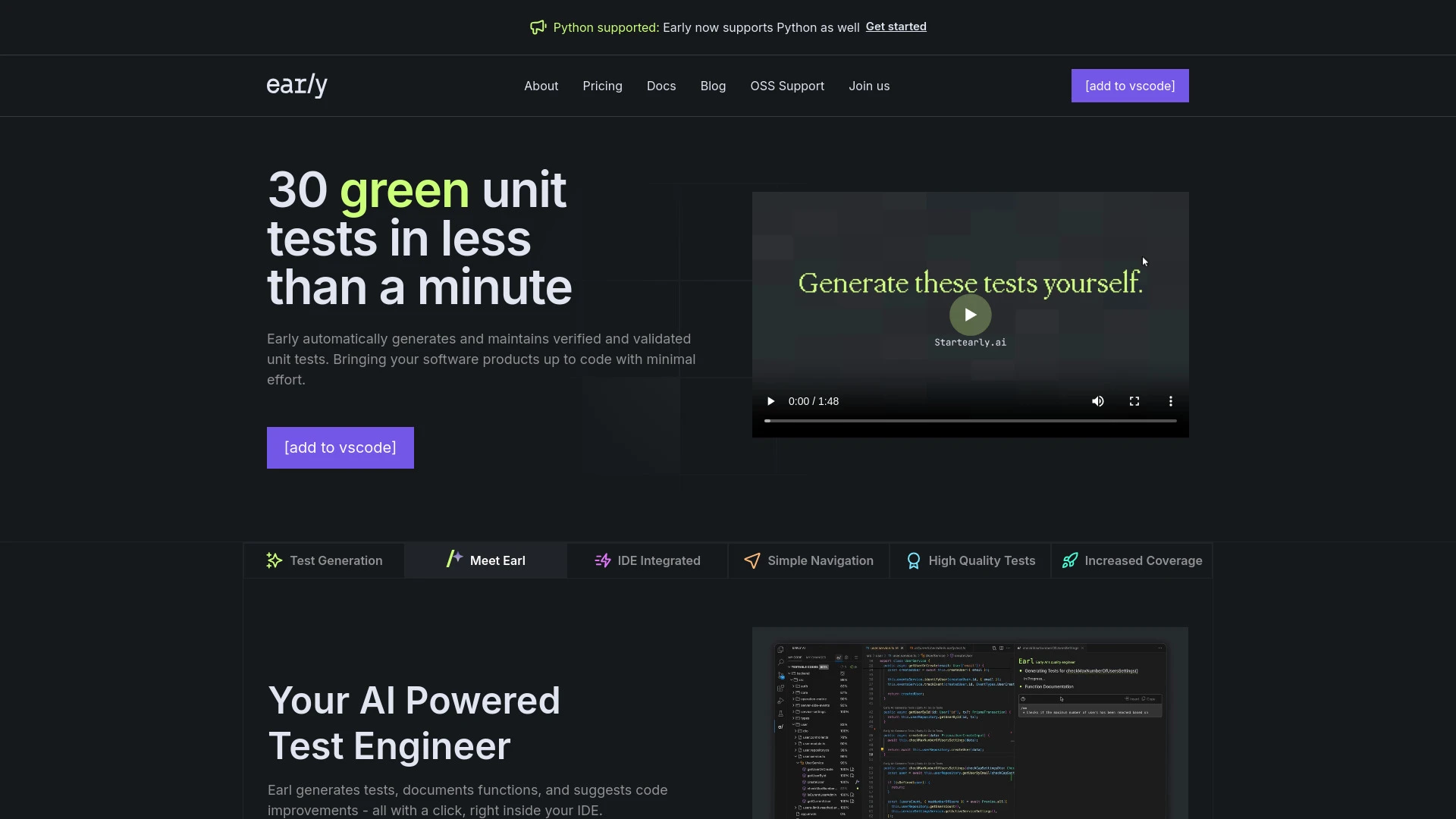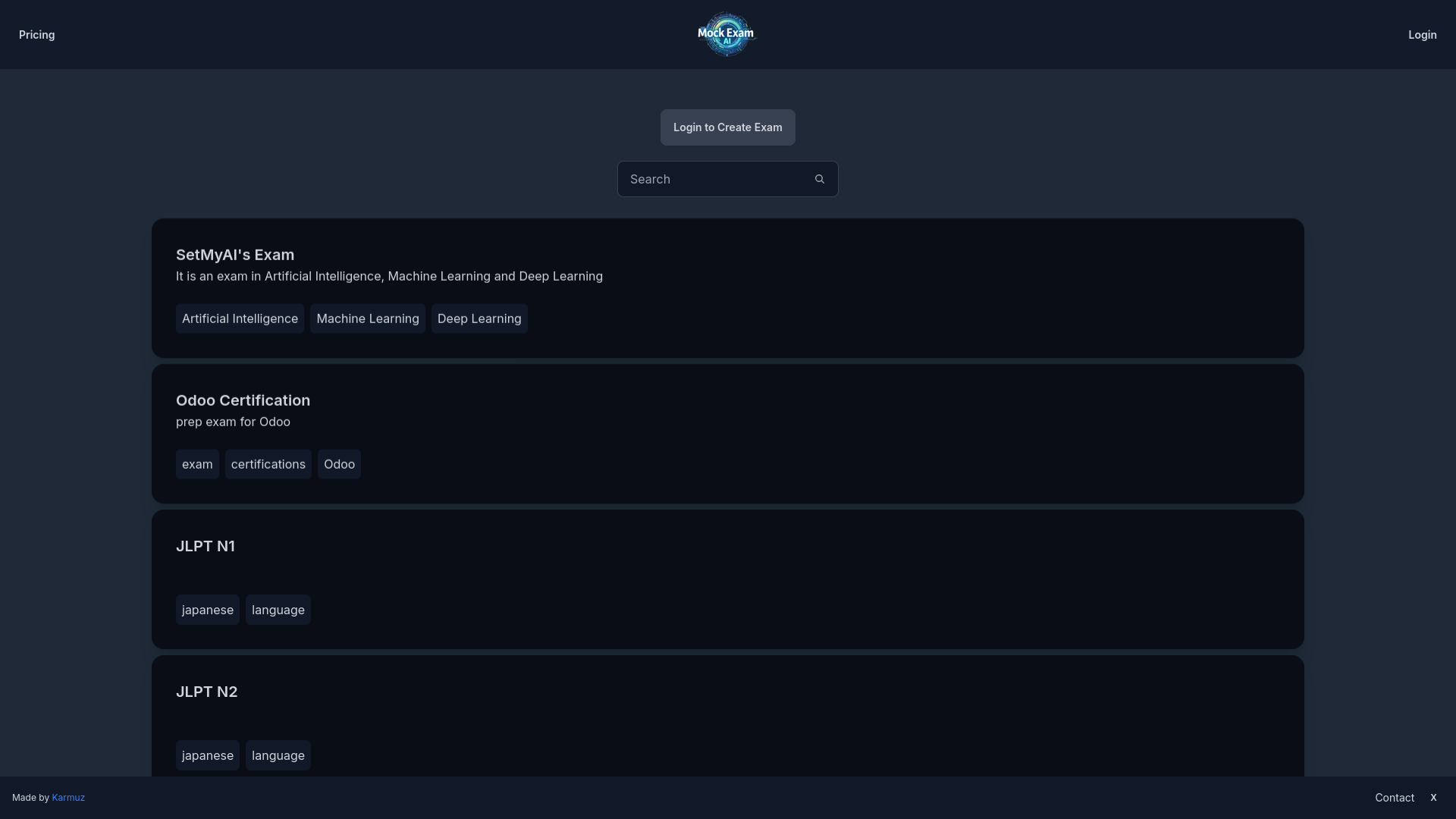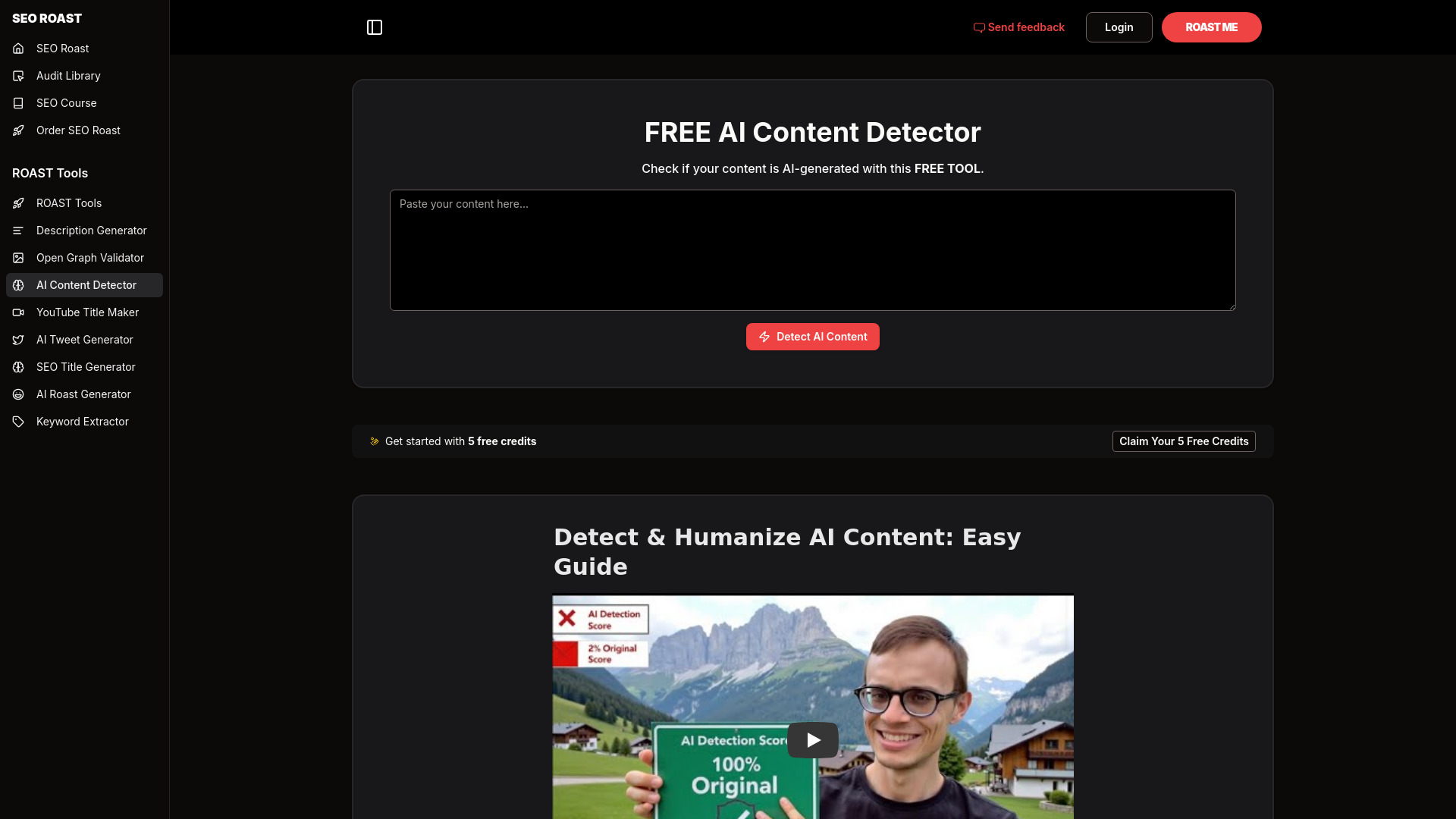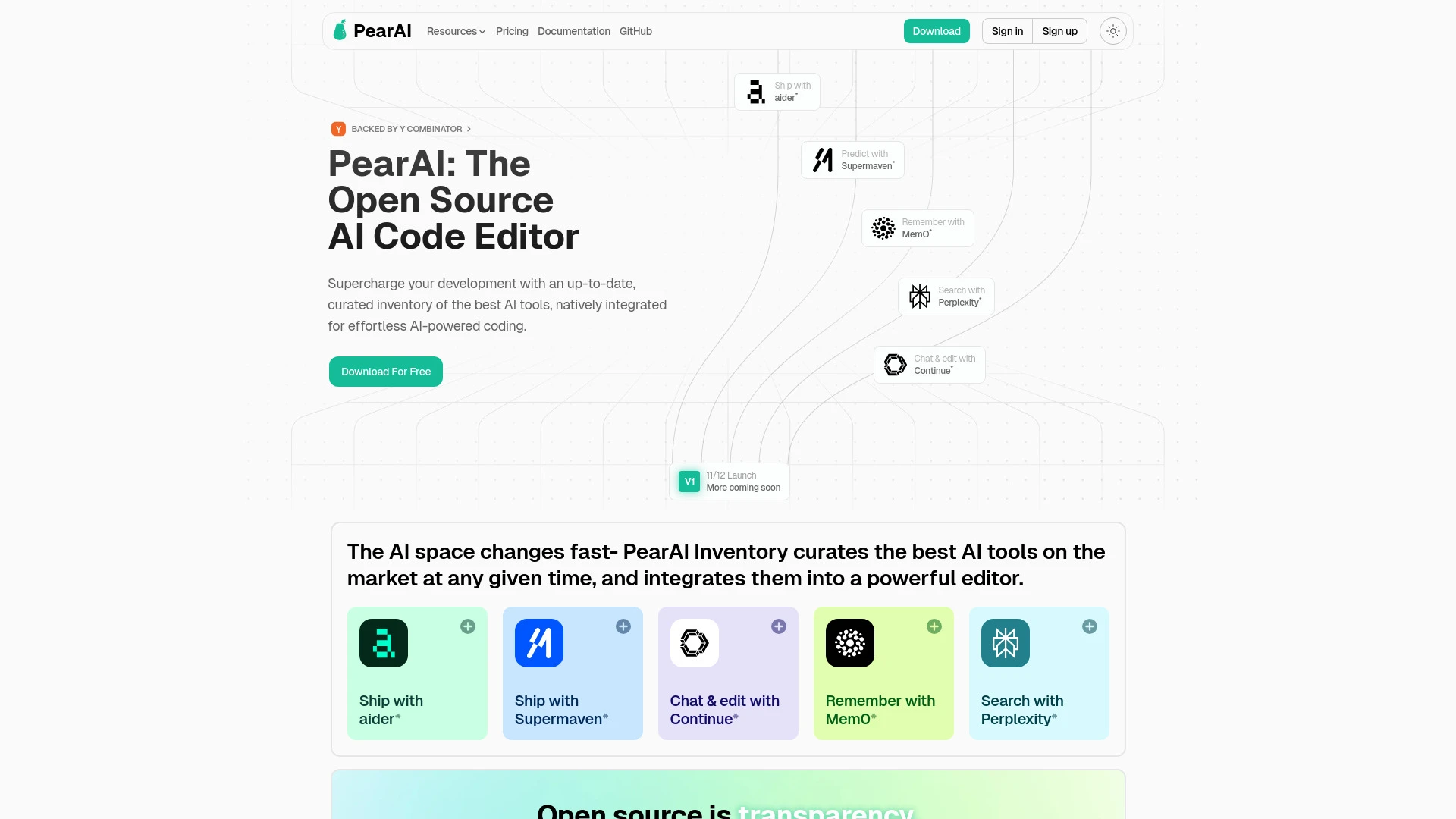AI Testing and QA
AI Testing and QA focuses on evaluating AI models for accuracy, bias, and performance. AI enhances testing through automation, enabling rapid validation of algorithms and data integrity checks. Applications include automated bug detection in software and real-time monitoring in autonomous vehicles. Benefits include improved efficiency and accuracy, while challenges involve addressing bias and ensuring transparency in testing processes.
Primary AI
Top Job for This Category
Most Commonly Used Task
Core Features
Automated test generation
Performance validation
Bias detection
Accuracy assessment
End-user experience evaluation
Compliance checks
Model robustness testing
Use Cases
Automated testing of machine learning models
Validation of AI-generated outputs for accuracy
Performance assessment of AI algorithms under different conditions
Ensuring compliance with ethical and legal standards
Evaluating robustness against adversarial attacks
Continuous integration and deployment testing for AI systems
Most Helpful AI's
Best Fit Jobs For AI Testing and QA
Primary Tasks For AI Testing and QA
| # | Task | Popularity | Impact | Follow |
|---|---|---|---|---|
| 1 |
🤖🔍
AI content detection |
0% Popular
|
87%
|
|
| 2 |
❓➕💬
QA |
50% Popular
|
85%
|
|
| 3 |
📊
Database QA |
0% Popular
|
78%
|
|
| 4 |
📄❓
Document QA |
50% Popular
|
82%
|
|
| 5 |
🧠
Quizzes |
0% Popular
|
72%
|
|
| 6 |
🤖
Task automation |
0% Popular
|
87%
|
|
| 7 |
🔧
Product development |
0% Popular
|
78%
|
|
| 8 |
🔍
Code reviews |
0% Popular
|
75%
|
|
| 9 |
💻
Software development |
50% Popular
|
78%
|
|
| 10 |
📝
Customer feedback analysis |
0% Popular
|
78%
|
|
| 11 |
🎮
Interactive gaming |
50% Popular
|
75%
|
|
| 12 |
🎤
Interview preparation |
50% Popular
|
76%
|
|
| 13 |
💻
Coding assistance |
0% Popular
|
87%
|
|
| 14 |
📚🎮
Interactive learning |
0% Popular
|
76%
|
|
| 15 |
👨💻
Coding |
0% Popular
|
82%
|








